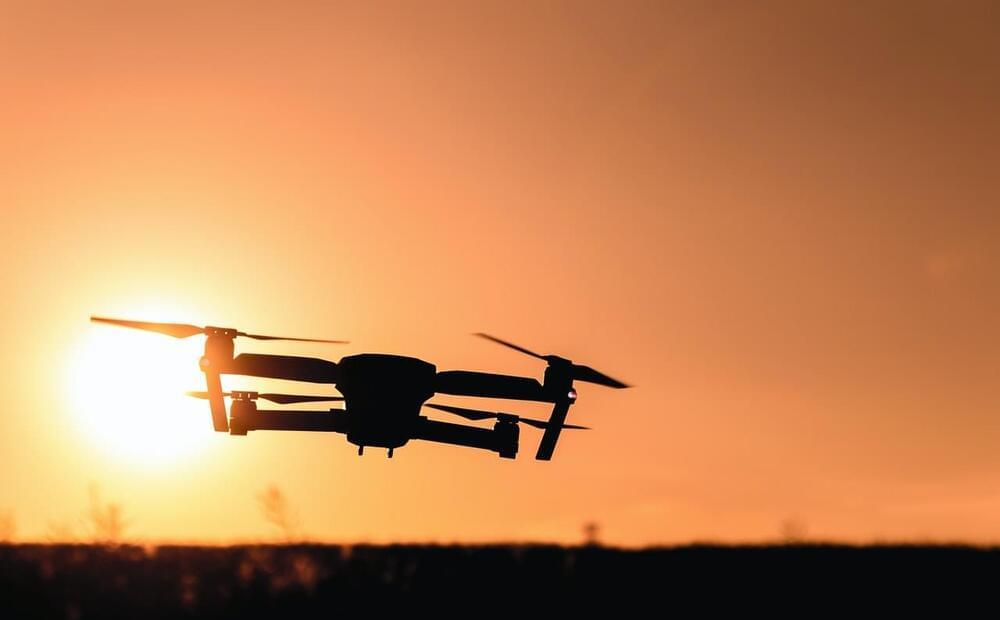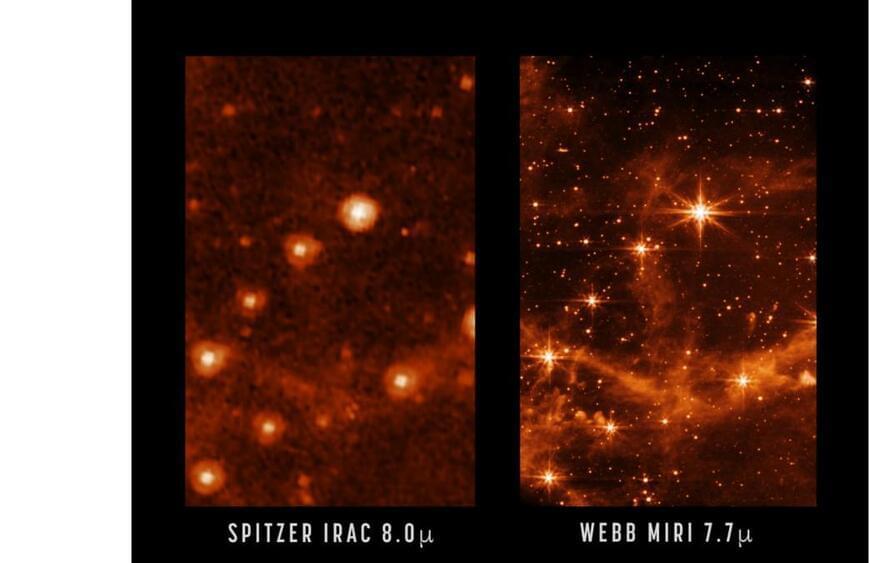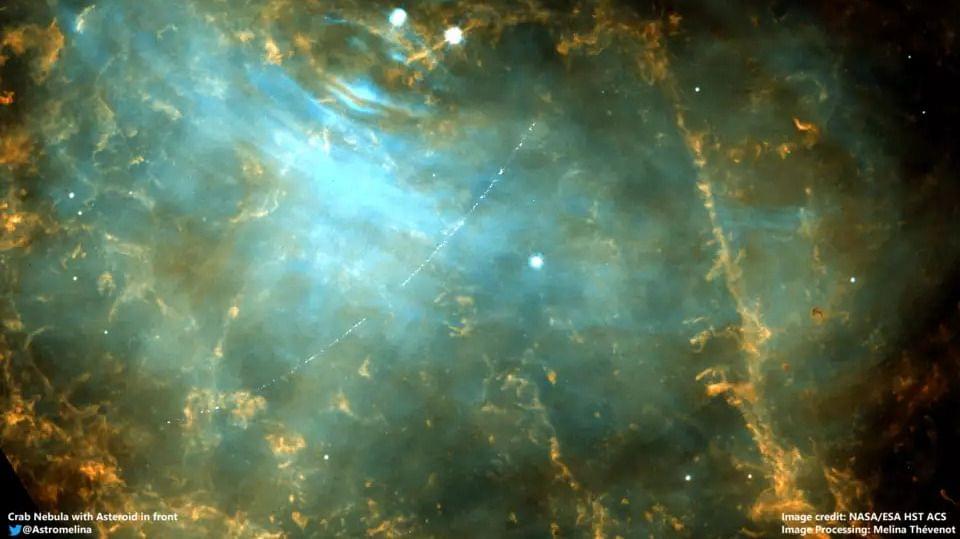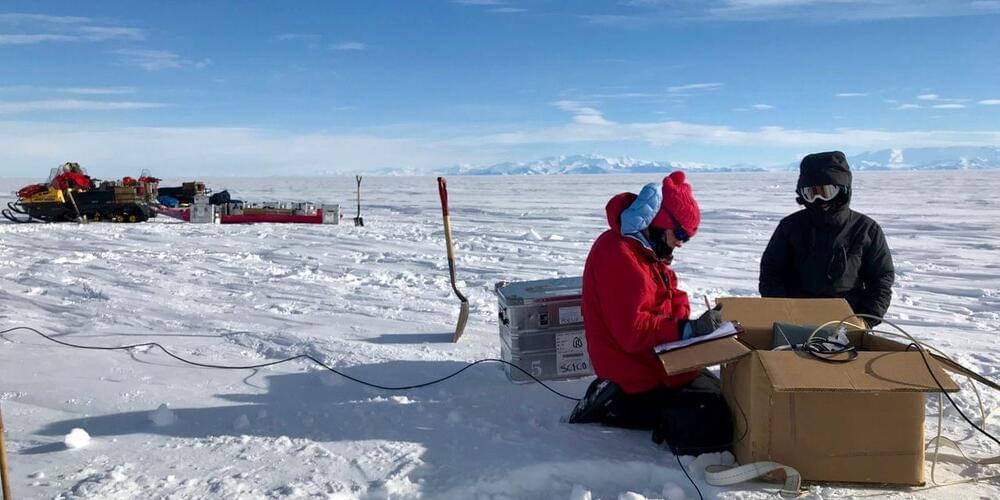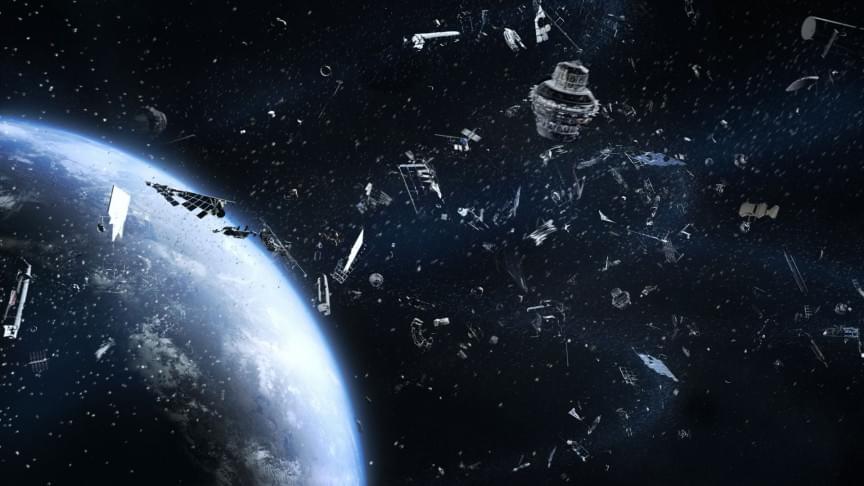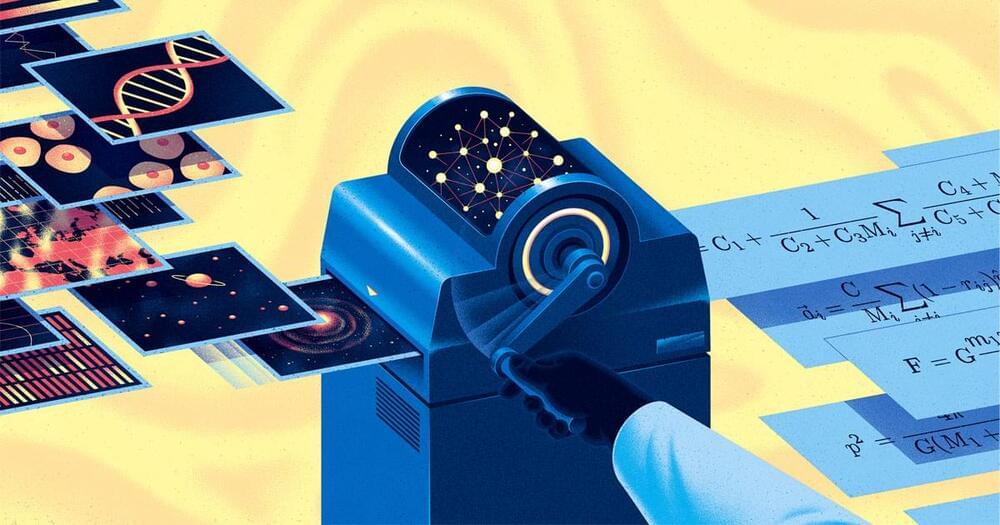May 10, 2022
Researchers find new function performed by almost half of brain cells
Posted by Paul Battista in categories: biotech/medical, chemistry, health, neuroscience
* Astrocytes play a variety of roles with neurons, but until now, scientists did not know that these cells carry electrical impulses.
* Applying new technology, Tufts University scientists recently discovered in mice that astrocytes are electrically active like neurons. Astrocytes play a variety of roles with neurons, but until now, scientists did not know that these cells carry electrical impulses.
Neurotransmitters are chemical messengers that facilitate the transfer of electrical signals between neurons and support the blood-brain barrier. Scientists have long understood that astrocytes control these substances to support neuronal health.
Continue reading “Researchers find new function performed by almost half of brain cells” »


